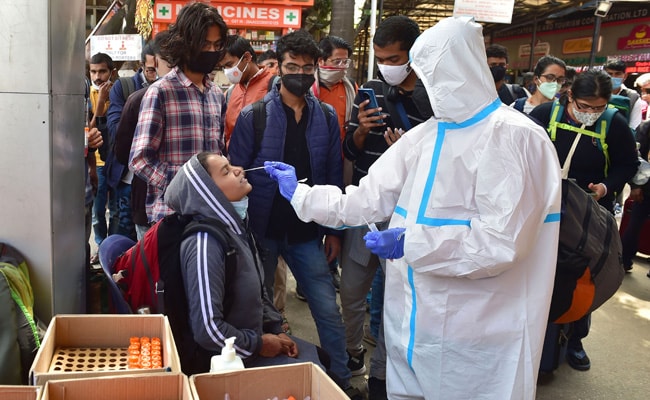When Israel’s lawyer Inbar Nacht saw the pictures last year Afghanistan desperately tried to escape from their homeland, he thought of his relatives who were killed in the Holocaust and knew he had to act.
He and his husband Marius had established a charity in 2020 who had worked on various initiatives, from helping parents and disabilities to support artists who did not work during Covid pandemics.
Evacuating people from Afghanistan – a battered country fighting that has never recognized Israel and who is now ruled by Taliban Islamist Hardliners – not in the field of group expertise, Nacht Philanthropic Ventures.
In an interview at Tel Aviv’s house in front of the Holocaust International Memorial Day on Thursday, he told the AFP news agency that he “could not stay indifferent with pictures of people who tried to escape with their children and babies”.
It touched my most basic Jewish feeling, “he said about the dramatic event last August.
Many Afghans fear will return to the rules of the Taliban hardline in the 1990s or the possibility of levies to work with US governments or foreign troops.
“I tried to imagine Moaku’s grandmother in such a situation, if someone in another country had contributed to save them,” Nacht said.
“It burdens us, remembering our history as a Jew. It doesn’t matter if people from Afghanistan or elsewhere, they are innocent civilians who find themselves in an impossible situation. We try to help.”
Nacht is not the only Israelites that reach the Afghans who need it.
Assisted by the Canadian philanthropic-Israel Sylvan Adams, Israeli Israel’s non-governmental group utilizes experience and connections to help nearly 200 Afghans reach a safe beach.
The only Kabul airport was discarded when tens of thousands rushed to evacuate available flights, because the United States ended their withdrawal from Afghanistan after 20 years of war.
In the midst of a race to evacuate people, Director of Nacht Philanthropic Ventures, Nachman Rosenberg, made contact with a US Army veteran who had served in Afghanistan and Stacia George, former USAID worker there.
George’s Group, Transit Initiative, has a list of more than 300 risky people who want to be flown from Afghanistan, including rights workers, scientists, ethnic minority members, interpreters and others who can face threats from the Taliban.
But on August 26, the group day will be taken to Kabul Airport, a suicide bombing claimed by the ISIS group tore the crowd outside the airport, killing nearly 200 people.
With air travel is impossible, and afraid of the Taliban will close the streets of Kabul, the George team decides to use the bus which is intended to reach the airport to even go to Mazar-i-Sharif, a northwestern city of Kabul.
Amal Nacht helps pay transit, accommodation, food and security for nearly 300 people living in Mazar-i-Sharif.
“The foundation is amazing in terms of being able to rotate quickly and provide resources quickly, in a very big way that really allows us to make that decision and have the ability to save people’s lives,” said George AFP.

